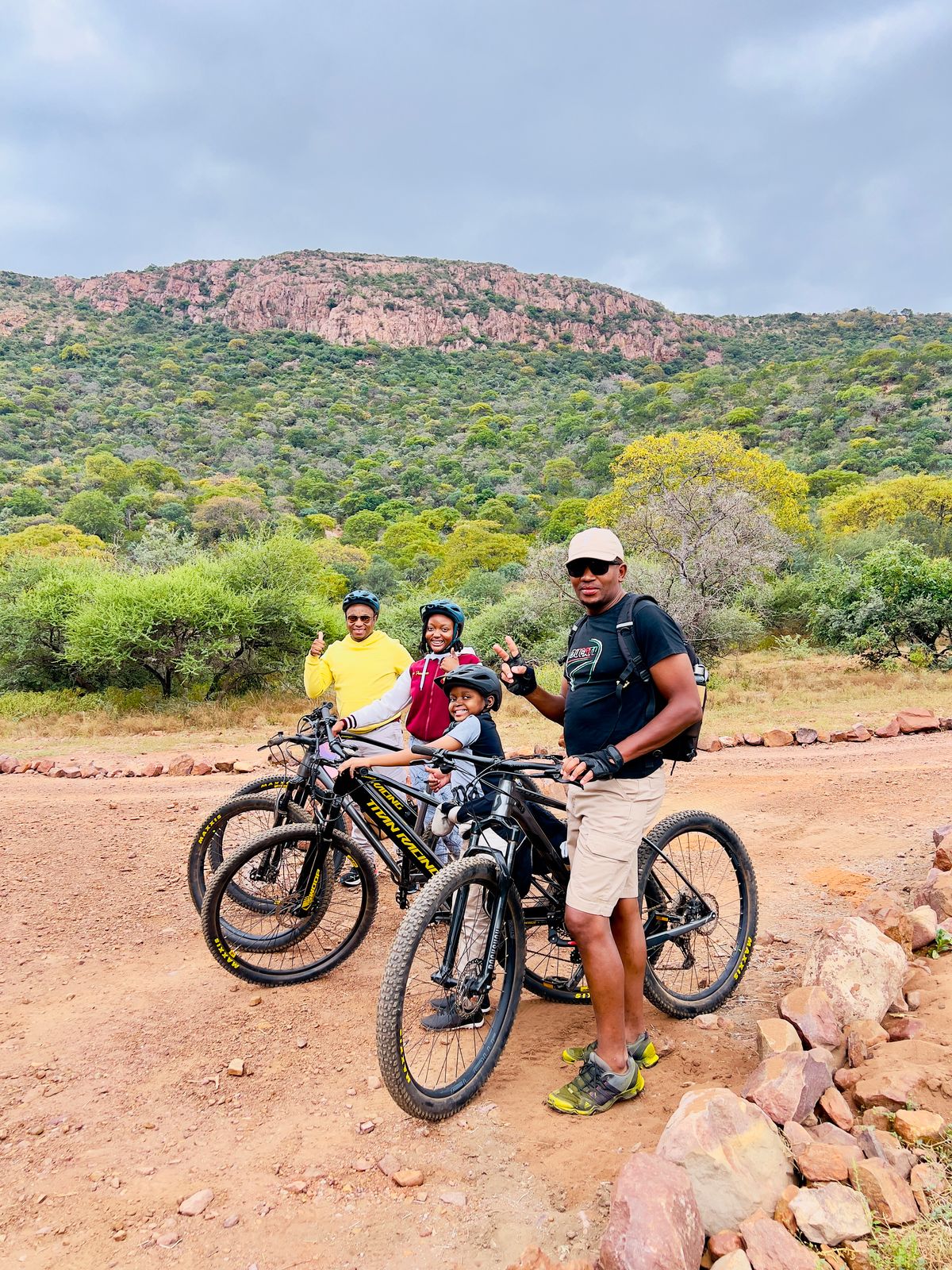Launching Luvhondo: A Dream Lodge in the "Forgotten Mountains"
When Jacob and I first set foot in South Africa's Limpopo Province, we knew we'd found something extraordinary. Deep in the heart of the Soutpansberg Mountains, aptly nicknamed the "Forgotten Mountains" we discovered a secret that nature had been keeping for millennia. Today, I'm thrilled to share that this pristine wilderness has become the home of Luvhondo, Few & Far's inaugural lodge and the realization of a dream that began during my days as an aid worker in Zimbabwe.
Why These Mountains Called to Us
The Soutpansberg range has earned its evocative nickname through decades of being overshadowed by South Africa's more famous safari destinations. While millions flock to Kruger National Park annually, the Soutpansberg has remained largely untouched, a blessing that has allowed its ecosystems to flourish in magnificent isolation.
When we first learned about this 100,000-hectare area within UNESCO's Vhembe Biosphere Reserve, I felt that familiar tug at my heart that I'd experienced as a young aid worker. This wasn't just another beautiful place, it was one of Earth's most biologically diverse regions that desperately needed protection. The "forgotten" status that had preserved its natural beauty had also limited resources for crucial conservation work.
As Jacob and I explored the area, we kept saying to each other, "It sounds silly, but it feels like the land chose us." And in many ways, it did. We found ourselves surrounded by neighbors with a similar mindset, people intent on protecting this landscape from the very real threat of coal mining that looms over the region.

From Aid Work to Business as a Force for Good
My early twenties as an aid worker in Zimbabwe taught me hard lessons about creating lasting change. After years of working hard in traditional nonprofit structures, I realized we weren't making the progress we needed. That sent me back to the drawing board, thinking about whether there's a better vehicle than aid organizations for driving innovation and solving big world problems.
The challenge with nonprofits is that you're constantly having to find funding, which makes it difficult to sustain long-term impact. Businesses, on the other hand, exist to solve problems. When you're focused on being profitable, you're inherently sustainable. I like to think of it as the three Ps: People, Planet, Profit.
This philosophy drove everything we did with our first travel business Under Canvas, where we were very mindful about water usage and power, everything was off the grid, with no single-use plastics and as much recycled material as possible. But I realize now we were just starting to scratch the surface of what's possible. With Few & Far, we're thinking about how to build a truly regenerative travel business that doesn't just emit less or use less, but actively invests in making the environment and communities better.
A Landscape Unlike Anywhere Else
What makes the Soutpansberg truly special is its position as a transitional zone between multiple biomes. In the local Tshivenda language, this mountain range is known as Luvhondo, meaning "wall"- which is how we chose our lodge's name. This remarkable region encompasses extraordinary biodiversity that takes my breath away every time I visit.
The statistics speak for themselves: vast amounts of butterfly species create seasonal spectacles that rival anything I've seen around the world, hundreds of bird species fill the canopies with song, and diverse mammal populations roam landscapes that change dramatically within just a few kilometers. The ancient baobab trees that encircle our lodge stand as living monuments to time, their massive forms creating natural gathering spaces that remind me daily why we do this work.
Walking through this landscape, you encounter healthy populations of antelope species including kudu, impala, and zebra, alongside elegant giraffes that guests often spot from their suite windows. The leopards that thrive in these rocky terrains have become particularly close to my heart through our partnership with Panthera, where we're contributing to vital research that helps protect these magnificent cats.
What excites me most is that the absence of large dangerous game like elephants creates opportunities for walking safaris and active exploration that would be impossible in traditional Big Five destinations. There's something profoundly moving about being able to walk freely through African wilderness, connecting with the landscape in a way that's becoming increasingly rare.

Building Luvhondo: Our Vision Made Real
When we decided to build Few & Far's first lodge, every decision reflected our commitment to proving that luxury and conservation can thrive together. Working with South African architects Nicholas Plewman Architects and designers Ohkre Collective, we created six cliffside suites that take direct inspiration from the ancient baobab trees surrounding the property.
Each suite operates entirely on solar power, something I'm particularly proud of as it demonstrates that luxury and environmental responsibility aren't just compatible, they're mutually reinforcing. The floor-to-ceiling windows frame panoramic mountain views that never get old, best appreciated from the spacious wraparound decks with private plunge pools where I often find myself reflecting on this incredible journey.
We operate with a zero-waste, zero-plastic ethos while maintaining the sophisticated comfort levels that Jacob and I believe are essential for creating transformative experiences. From the open-air rain showers to the soaking tubs positioned for optimal views, every amenity serves both comfort and our environmental mission.
But what matters most to me is how we've integrated local communities into everything we do. Our South African staff includes professionals who've worked at some of the country's most prominent lodges, while many team members come from the local Venda community. Nungo Ravele, who leads our spa, is originally from nearby Louis Trichardt and told me something that still gives me chills: "I never thought I'd have an excuse to come home, that there would be something good enough happening in these mountains."

The Solyrus Revolution: Innovation Meets Conservation
One of the innovations I'm most excited about is our Solyrus concept, the integration of solar technology with safari adventures that goes far beyond just energy generation. This encompasses our holistic approach to conservation including renewable energy systems, carbon sequestration projects, waste elimination, and community-based environmental initiatives.
Our upcoming Solyrus aerial safari system, scheduled for completion in late 2025, represents something completely unprecedented in African tourism. This silent, solar-powered cable car will glide above tree canopies providing views of the valley and wildlife that simply aren't possible any other way. When people ask me, "How do you do something different when there are thousands of places to go on safari in Africa?" This is part of my answer.
We also offer hiking adventures, e-bike excursions, and wild swimming opportunities that take advantage of our unique landscape. Photography enthusiasts find endless opportunities here, from intimate wildlife portraits to sweeping mountain vistas that showcase why I fell in love with this place.
Conservation That Goes Beyond Protection
Through our Verra Registered Carbon Project, we're sequestering over 100,000 tons of carbon annually while working to restore tens of thousands of acres of degraded land. This isn't just about preserving what exists, we're actively making things better. Our partnership with Panthera tracking and researching leopards provides guests with opportunities to engage with real conservation work in progress.
Watching guests participate in hands-on conservation efforts like grassland restoration and snare-removal missions brings deeper meaning to their stay while demonstrating that tourism can be a powerful force for positive change.
Our work with Verra on high-quality carbon removal projects even allows U.S. travelers to claim carbon offset fees as tax-deductible contributions. We're making conservation participation accessible while funding local environmental initiatives that extend far beyond our property boundaries.

Looking Forward: A New Model for Travel
As I write this, reflecting on the journey from my early aid work in Zimbabwe to opening Luvhondo, I'm filled with hope for what travel can become. In a post-pandemic world, luxury travel has evolved to encompass sustainability, authenticity, and deeper purpose. Luvhondo represents our bold new approach to this evolution, offering travelers opportunities to engage with local cultures and landscapes while leaving a positive impact.
Unlike operators who focus solely on preserving existing conservation areas, we're going further by actively enhancing the land's ability to sequester carbon. By integrating active carbon management with habitat restoration, we're not just protecting biodiversity, we're regenerating it, ensuring a lasting impact on the environment and local communities.
People often think about travel as being indulgent or excessive when you spend significant money on it. But I also know that our travel dollars really matter. They have the power to transform places and communities when directed thoughtfully.
The "Forgotten Mountains" are forgotten no more. Through Luvhondo, the Soutpansberg Mountains are taking their rightful place among Africa's premier conservation destinations. For travelers seeking authentic wilderness experiences with meaningful impact, we're offering something unprecedented: the chance to explore one of Africa's last pristine frontiers while contributing directly to its protection.
This is more than the opening of a new lodge- it's proof that tourism can be a force for conservation, that luxury can coexist with sustainability, and that the world's "forgotten" places deserve our attention and protection. In the ancient shadows of the Soutpansberg Mountains, we're writing a new chapter in African conservation, one guest at a time.



.jpeg)
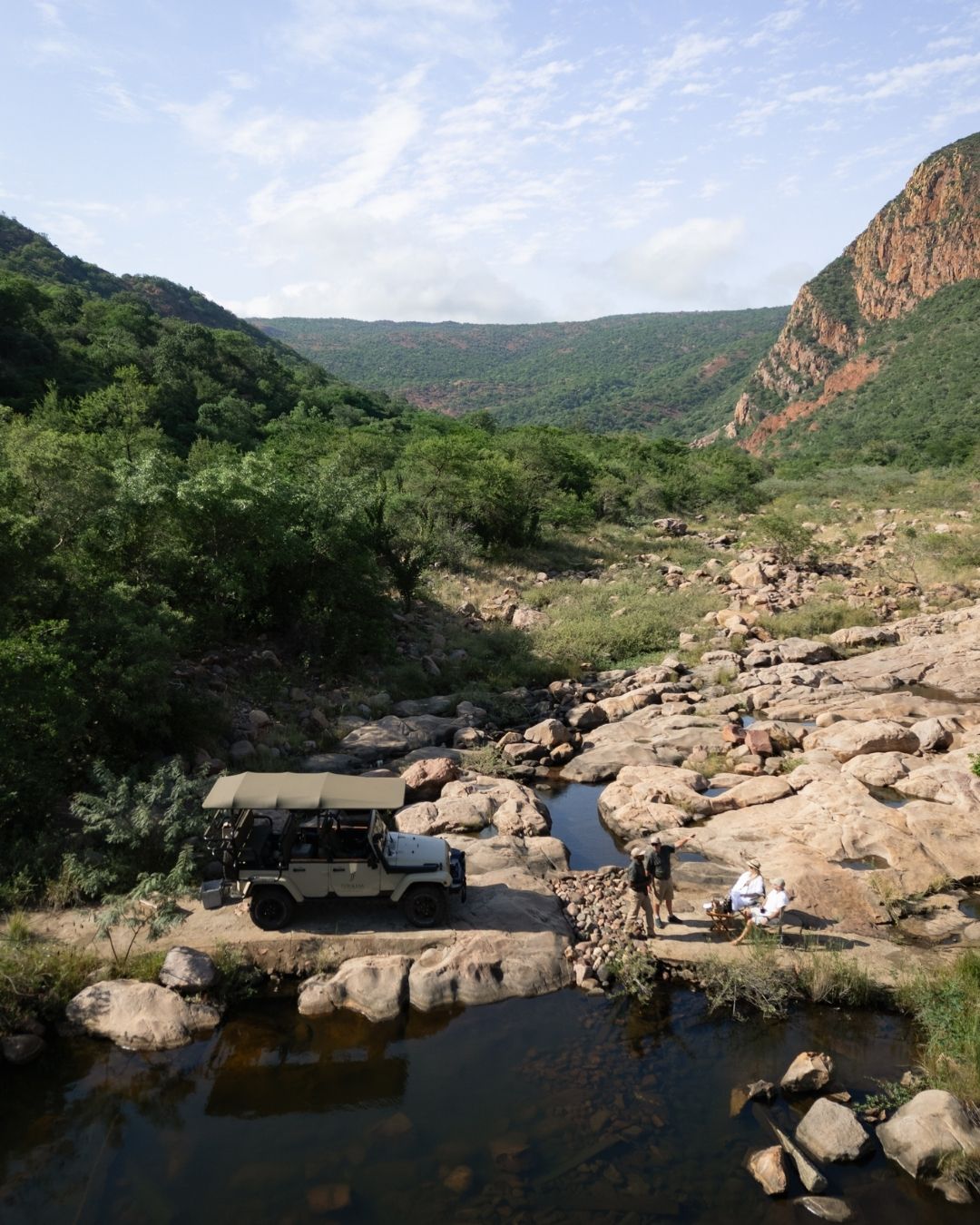
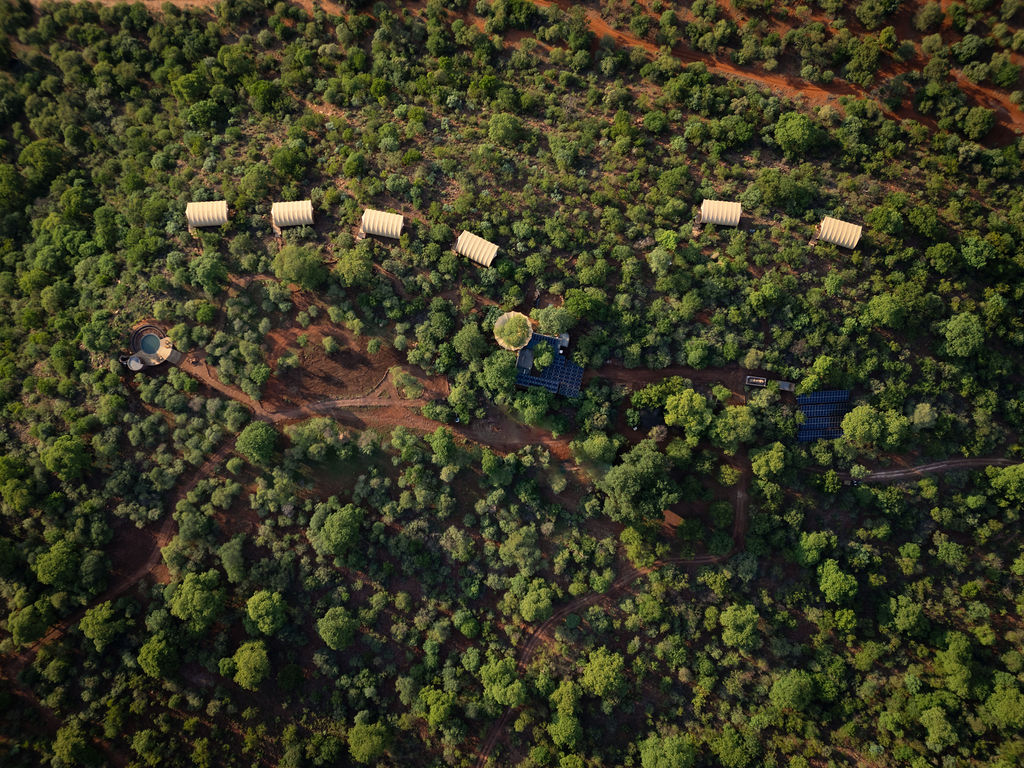
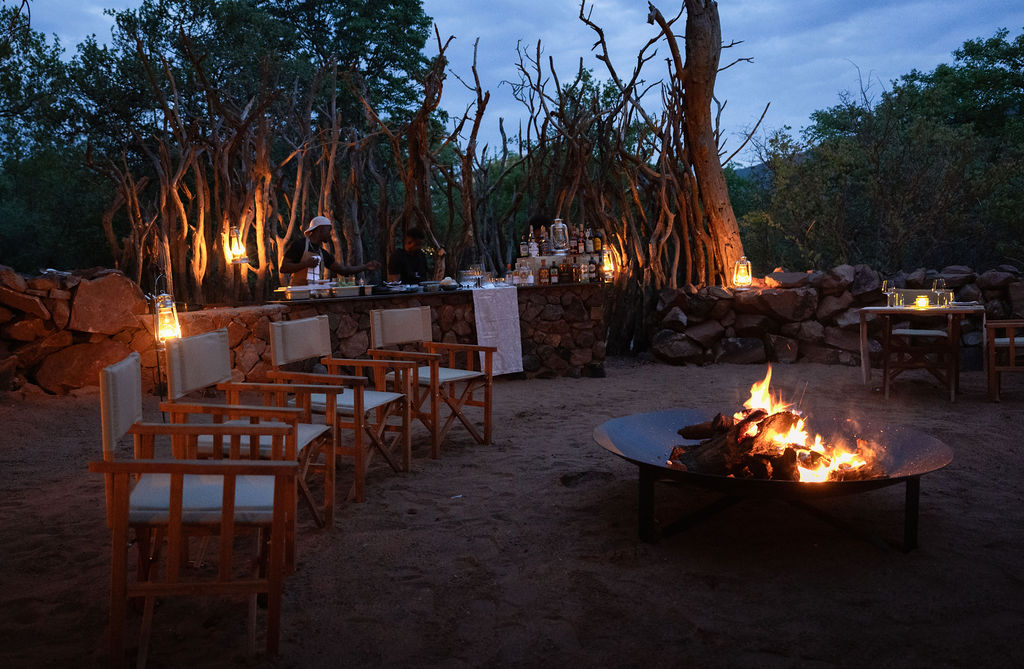

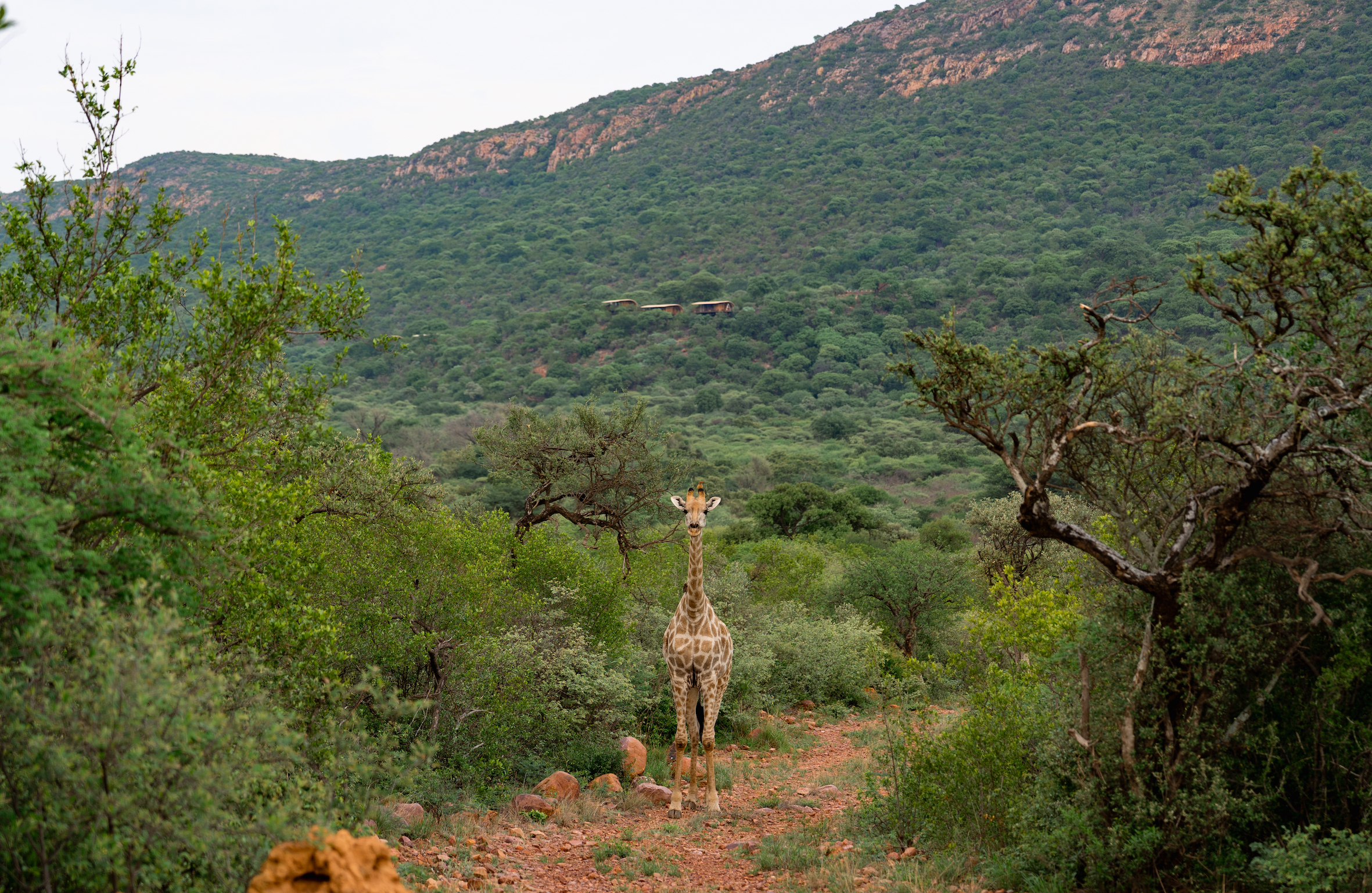
.jpeg)
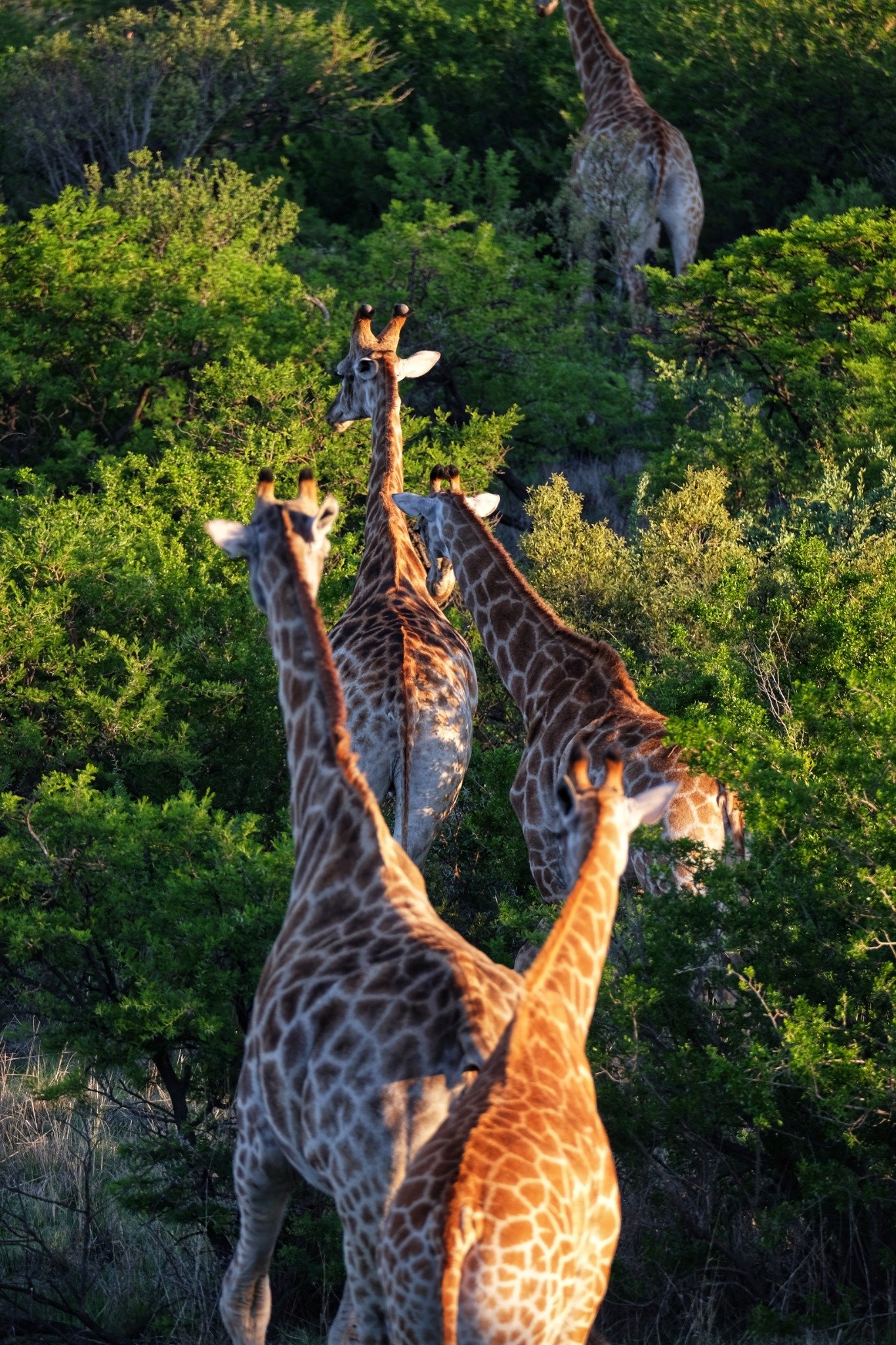
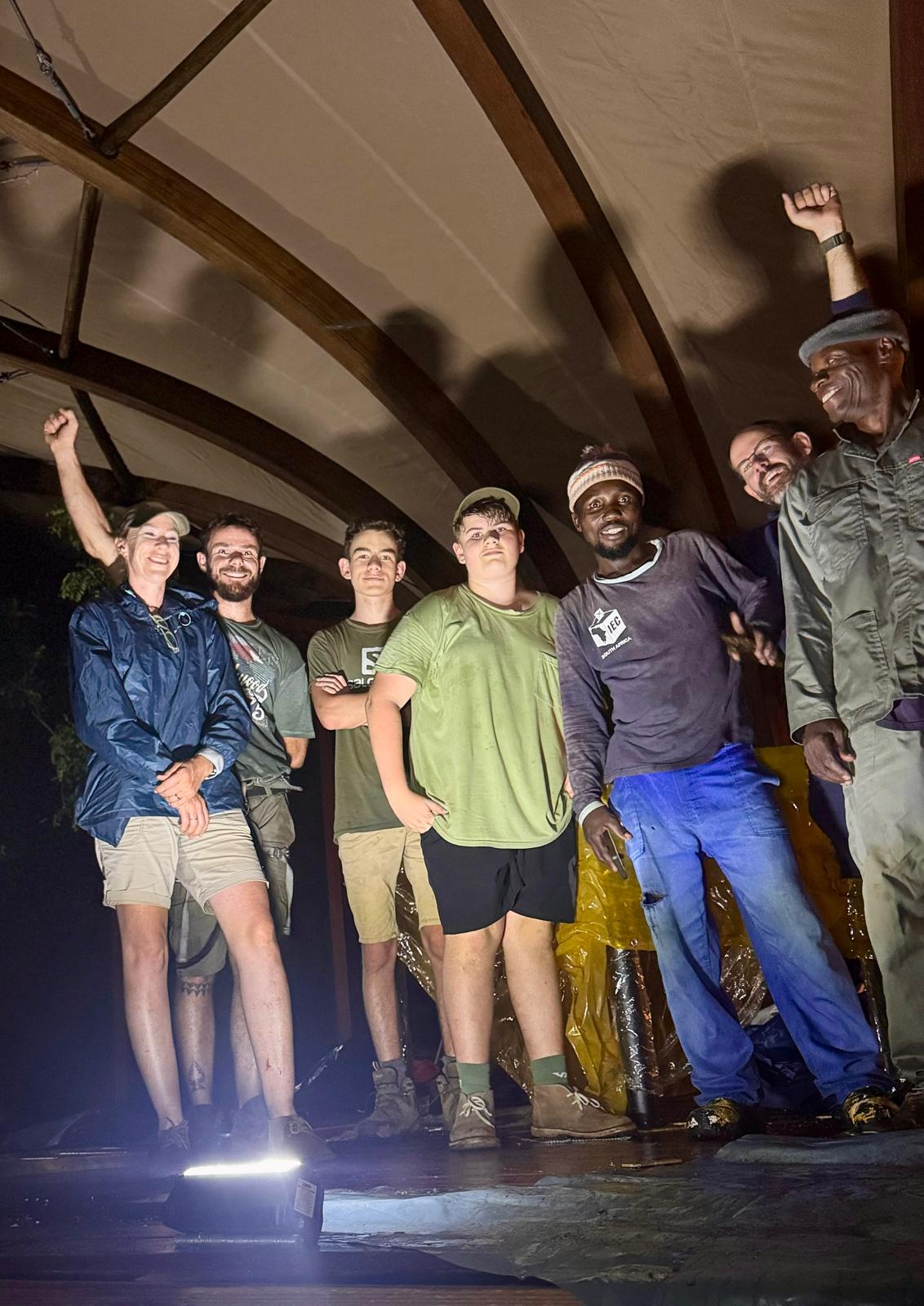
.jpg)
